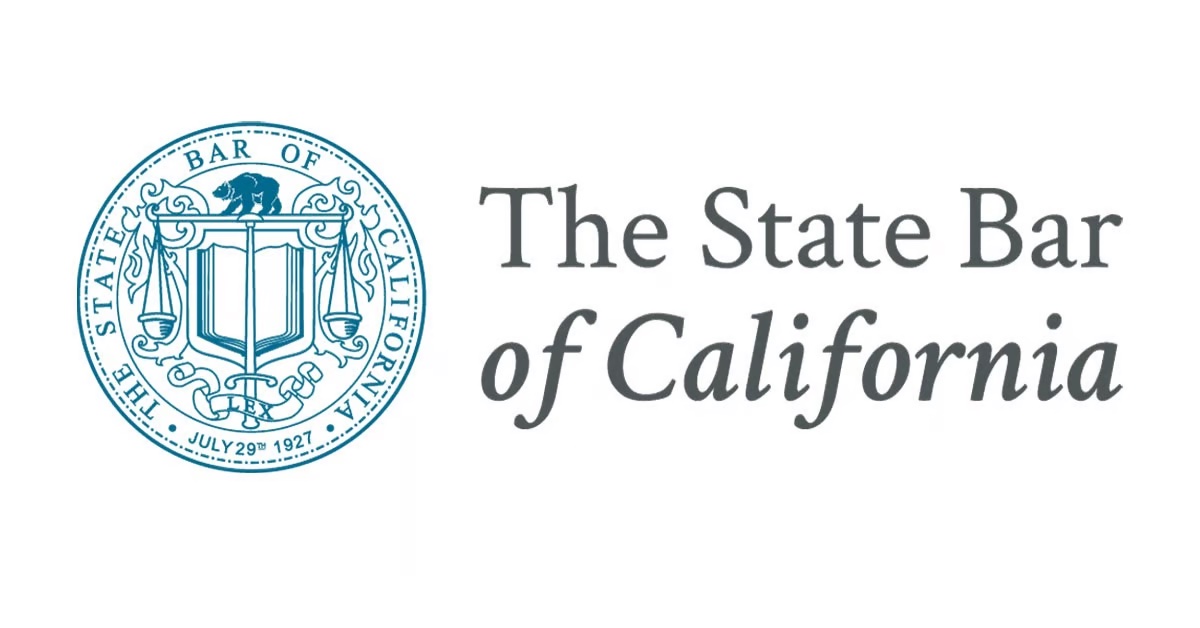and Probate Law Firm
Payable on Death and Transfer on Death Designations
As a Folsom estate planning lawyer, one of the most common scenarios that I advise clients on is beneficiary designations. “POD” and “TOD” are both designations used in the context of beneficiary arrangements for financial accounts and assets. They stand for “Payable on Death” (POD) and “Transfer on Death” (TOD). These designations are ways to specify who will receive the assets in an account or property upon the account holder’s or property owner’s death. The main difference between them is the type of assets they are typically used for, the terminology used in various jurisdictions and the terminology as used by various financial institutions.
- Payable on Death (POD):
- POD is commonly used for bank accounts, such as savings accounts or certificates of deposit (CDs). When you designate a beneficiary as a POD beneficiary on your bank account, you are specifying who will receive the funds in the account when you pass away. The beneficiary has no rights to the account while you are alive and does not have access to the funds until your death.
- The term “POD” is often used in the United States.
- Contrast a POD designation with co-ownership of an account. This is common among children helping their elderly parents and having themselves and their parents as co-owners on an account. With co-ownership, the child has immediate access to all the funds in the account and can do whatever they wish with them. This can often times lead to the child helping with important day-to-day expenses, but can also potentially lead to abuse. Conversely, with a POD designation, the child only has access to the funds after the death of the parents. As such, the child cannot transact business from that account during the parents’ lifetimes
- Transfer on Death (TOD):
- TOD is a similar concept but is more commonly used for investment accounts, such as brokerage accounts or individual retirement accounts (IRAs). When you designate a beneficiary as a TOD beneficiary on your investment account, you are specifying who will inherit the assets in the account when you pass away. Like with POD, the beneficiary has no access to the account during your lifetime.
- The term “TOD” is often used in the United States and in some other countries.
The primary purpose of both POD and TOD designations is to avoid the assets going through the probate process upon the account holder’s or property owner’s death. Instead, the assets are transferred directly to the designated beneficiary, simplifying the transfer of assets and potentially avoiding delays associated with probate. Nonetheless, note that probate may still be required if other assets of the decedent do not have proper designations or titling. As such, the POD and TOD accounts may not need to be probated, but other assets may.
Conclusion
It’s important to note that the specific rules and regulations governing POD and TOD designations can vary by jurisdiction, and financial institutions may have their own policies and procedures for setting up these designations. When considering these designations, it’s advisable to consult with a Folsom estate planning attorney to ensure that your beneficiary designations align with your overall estate plan and financial goals and are in compliance with applicable laws. If you have any questions about POD and TOD accounts, contact Thapar Law at 916-579-0605 or send us a message.







